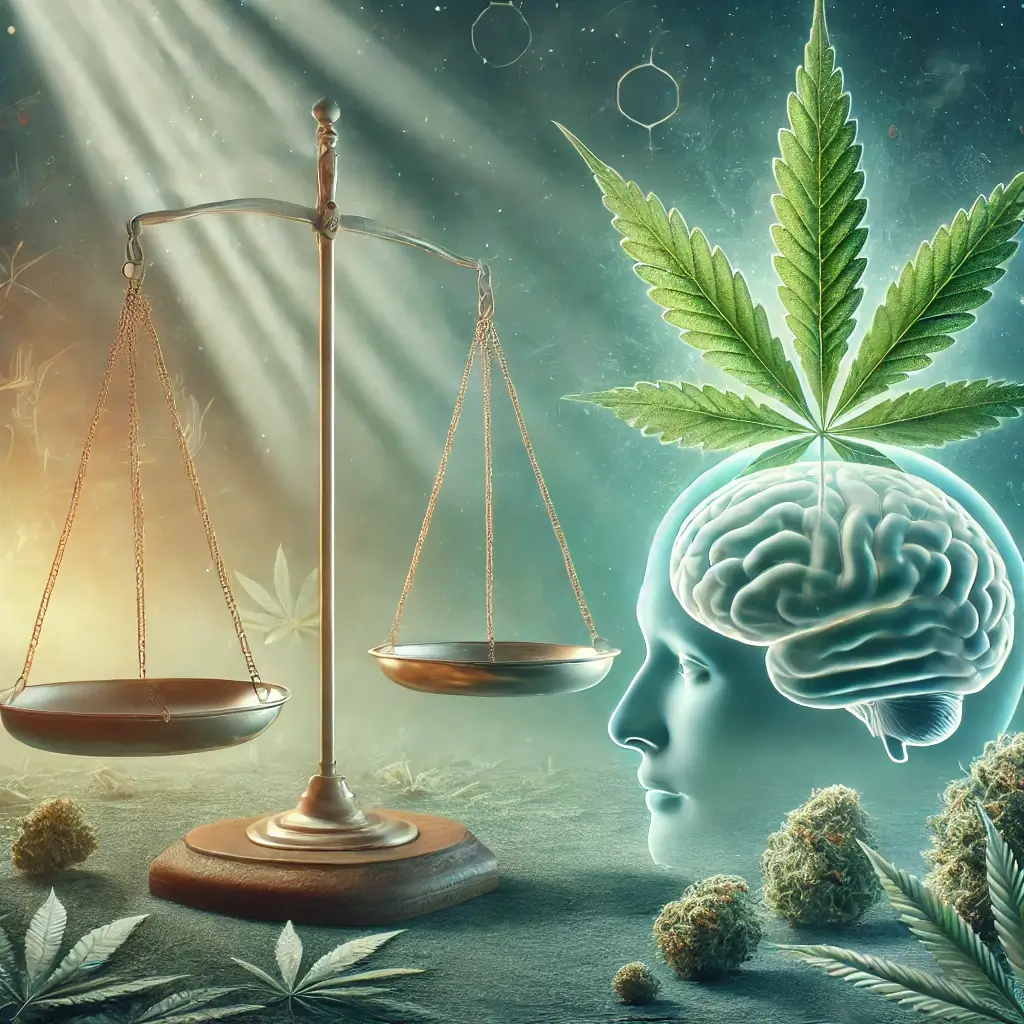Understanding Depression and Cannabis as an Alternative Treatment
Depression is a pervasive mental health condition that can significantly diminish quality of life, affecting everything from daily functioning to physical health. Despite various treatment options such as antidepressants and cognitive-behavioral therapy, many individuals struggle to find lasting relief. Recent research has begun to shed light on cannabis as a potential complementary treatment for depression, especially for those who do not respond well to traditional methods. This exploration has gained traction due to the unique properties of cannabinoids, including CBD (cannabidiol) and THC (tetrahydrocannabinol), which interact with the body’s endocannabinoid system to help regulate mood and stress.
The Science Behind Cannabinoids and Depression
Cannabis contains over 100 different cannabinoids, each affecting the body differently. CBD, for instance, has shown therapeutic potential for mood regulation and is being studied for its calming effects without the “high” associated with THC. Given that depression often involves chronic stress, neuroinflammation, and disrupted serotonin levels, researchers are keen to understand how cannabinoids might directly address these factors. Early studies indicate that CBD may help reduce stress-induced inflammation, support neuroplasticity (the brain’s ability to reorganize), and even work synergistically with conventional antidepressants, offering a promising path for managing depression.
Legislative Changes and Access to Cannabis Therapy
As more regions reconsider their cannabis laws, access to cannabis-based therapies for mental health care is expanding, allowing individuals to explore alternative options for mental health care. This section examines recent scientific research on cannabis and depression, along with the current events and legislative shifts that are transforming this field.
Latest Research Findings and Anti-Inflammatory Effects
One of the most notable areas of research on cannabis and depression involves its anti-inflammatory effects. Inflammation is increasingly recognized as a contributing factor in various mental health conditions, including depression. Studies suggest that CBD may reduce inflammation through its action on the immune system, potentially stabilizing mood by addressing this underlying issue. According to a study in Neuropsychopharmacology, patients with elevated inflammation markers experienced a notable reduction in depressive symptoms after regular CBD use, suggesting that anti-inflammatory effects may help manage treatment-resistant depression.
Cannabis and Stress Response Management
Another intriguing aspect of cannabis research lies in its interaction with the stress response system. Chronic stress is a known trigger for depression, and cannabinoids may help modulate the body’s response to stressors. Research from 2023 indicates that cannabinoids may reduce cortisol levels, which are often elevated in individuals with depression and anxiety. By modulating this stress hormone, cannabis could offer a more direct approach to managing symptoms for individuals prone to stress-related mood disorders.
Policy Changes and Research Developments
Legislative changes are also shaping the future of cannabis in mental health care. In the United States, several states have expanded their medical cannabis programs to include mental health conditions like depression, allowing licensed healthcare providers to recommend cannabis as part of a holistic treatment plan. This policy shift reflects the growing acceptance of cannabis in medicine and acknowledges the potential benefits for those with treatment-resistant depression. Meanwhile, Canada and certain European countries have also adjusted regulations to increase access to cannabis research funding, especially studies focused on mental health.
The Entourage Effect and Combined Cannabinoid Treatment
A recent trend in cannabis research involves examining the combined effects of CBD and THC. While THC is traditionally associated with its psychoactive properties, researchers are exploring how lower doses of THC combined with CBD may amplify therapeutic effects without causing significant psychoactivity. This “entourage effect” could open up new avenues for depression treatment, providing relief with minimal side effects. Studies have already shown that patients with depression who use a balanced CBD-THC combination report improved mood stability and reduced anxiety, which are crucial components in managing depression.
Future Perspectives in Cannabis Treatment
Cannabis’s role in treating depression is still under exploration, but early research supports its potential as a complementary treatment. From reducing inflammation and managing stress response to potentially enhancing neuroplasticity, cannabinoids like CBD and THC may offer benefits that extend beyond conventional therapies. Legislative changes and increased research funding are facilitating further study, which may one day make cannabis a standard part of depression treatment options. For patients, working with healthcare professionals to explore cannabis alongside other therapies could provide a balanced approach to managing mental health.
